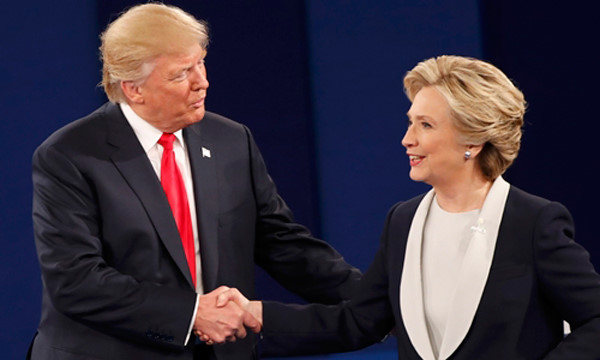When drafting a contract, especially a commercial business
contract, in addition to basic provisions such as the object, scope of the
contract, value and payment method, rights and obligations of the parties,
dispute settlement, information confidentiality, and the regulations on the
penalty for a breach of the contract and damage compensation are also very important.
Contract
dispute lawyers in Vietnam
Penalty for a breach of the contract
Under the provisions of the Commercial Law 2005, penalty for a
breach means that the breaching party must pay a sum of money to the aggrieved
party due to the breach of the violating party if the parties agree in the
contract on the fine for a breach. Thus, the penalty for a breach only arises
when there is a breach of the contract by the violating party and the parties
have agreed on the penalty.
The law gives the right to agree on sanctions for violations to
contractual parties, but this freedom to negotiate is limited. Specifically,
the parties are only allowed to agree to a maximum penalty of 8% of the
breached contractual obligation value, except traders providing assessment
services issue assessment certificates showing incorrect results caused by
their unintentional faults, they must pay penalty therefor to customers. The
penalty level shall be agreed upon by the parties but must not exceed ten times
the assessment service charge. In fact, the dispute settlement agency also
bases on the prescribed limit of the law to handle; therefore, even if the
parties agree to a higher penalty for a breach, it is not applicable in
practice.
Compensation for damage
Compensation for damage means a remedy whereby the breaching party
pays compensation for the loss caused by a contract-breaching act to the
aggrieved party. The basis for arising damages is a breach of the contract;
there is material loss and act of breaching the contract is the direct cause of
the loss. Difference from penalty for a breach, liability to compensate for
damages caused by breaches of contract performance obligations arises even in
cases where the parties do not have an agreement on this matter. Besides, the
law does not provide any regulation to limit the amount of compensation; it is
based on the actual damages that the aggrieved party can prove.
When participating in the transaction, if both types of sanctions
are specified in the contract, they should clearly specify the basis for the
amount of compensation for the damages and the penalty for violation.
In fact, there are many cases where the parties do not agree
clearly or agree on the penalty but the amount of the penalty exceeds the
prescribed level, the excess could be considered invalid. The parties should
also note that there will be no agreement on late payment interest on the
infringement penalty and the amount of compensation damages.
We help clients overcome cultural barriers and achieve their
strategic and financial outcomes, while ensuring the best interest rate protection,
risk mitigation and regulatory compliance. ANT lawyers have Dispute Attorneys in
Hanoi, Ho Chi Minh City and
Danang, will help customers conveniently drafting contracts and assist in
resolving contract disputes in Vietnam.














